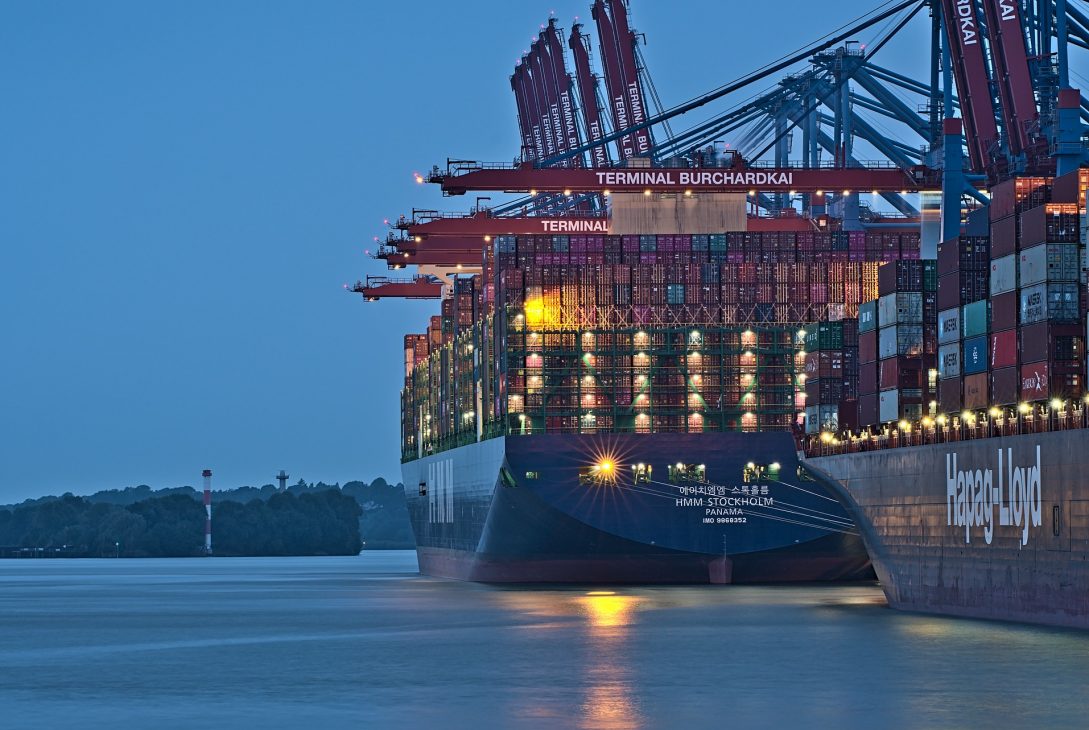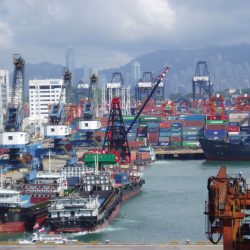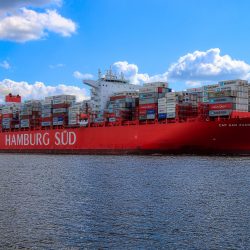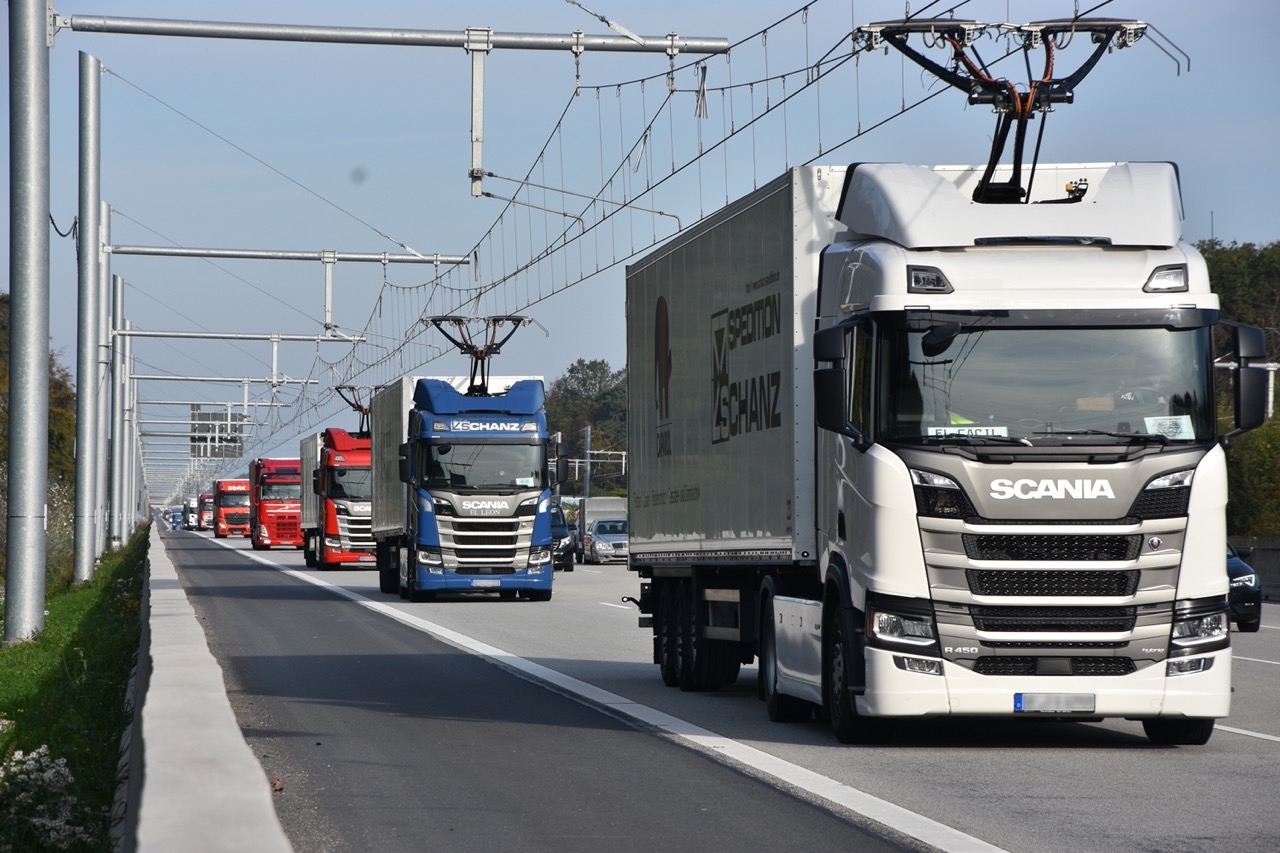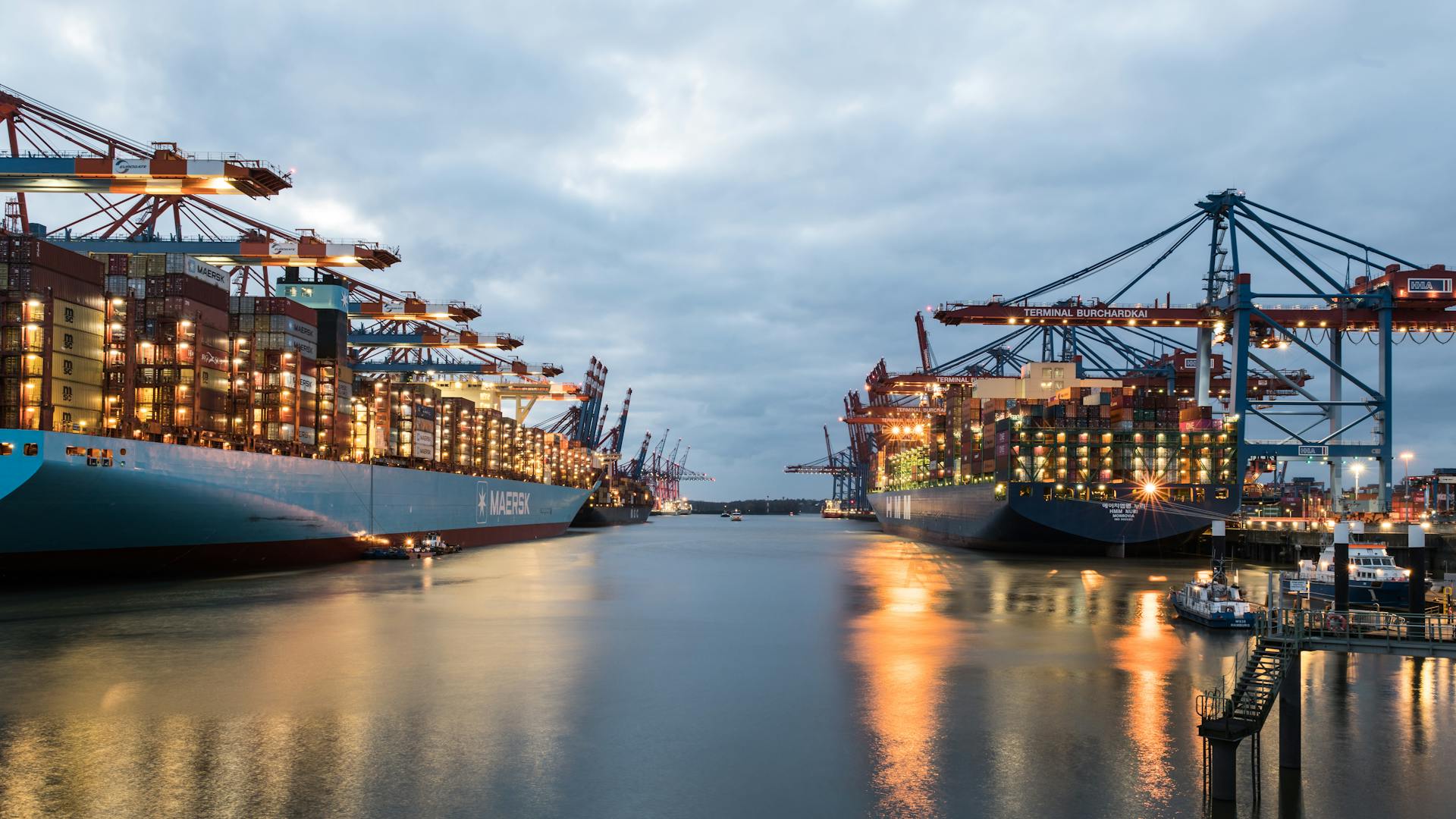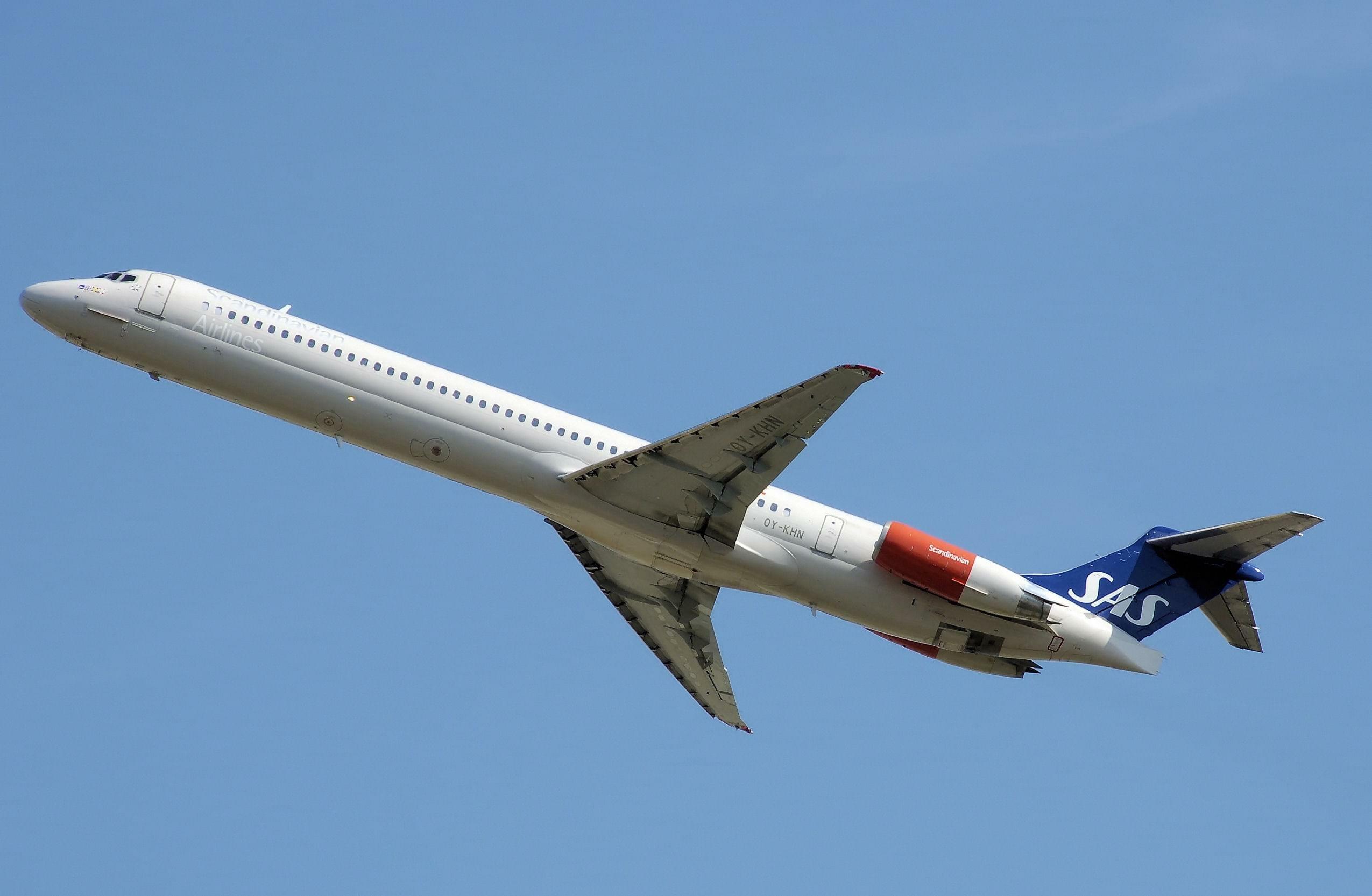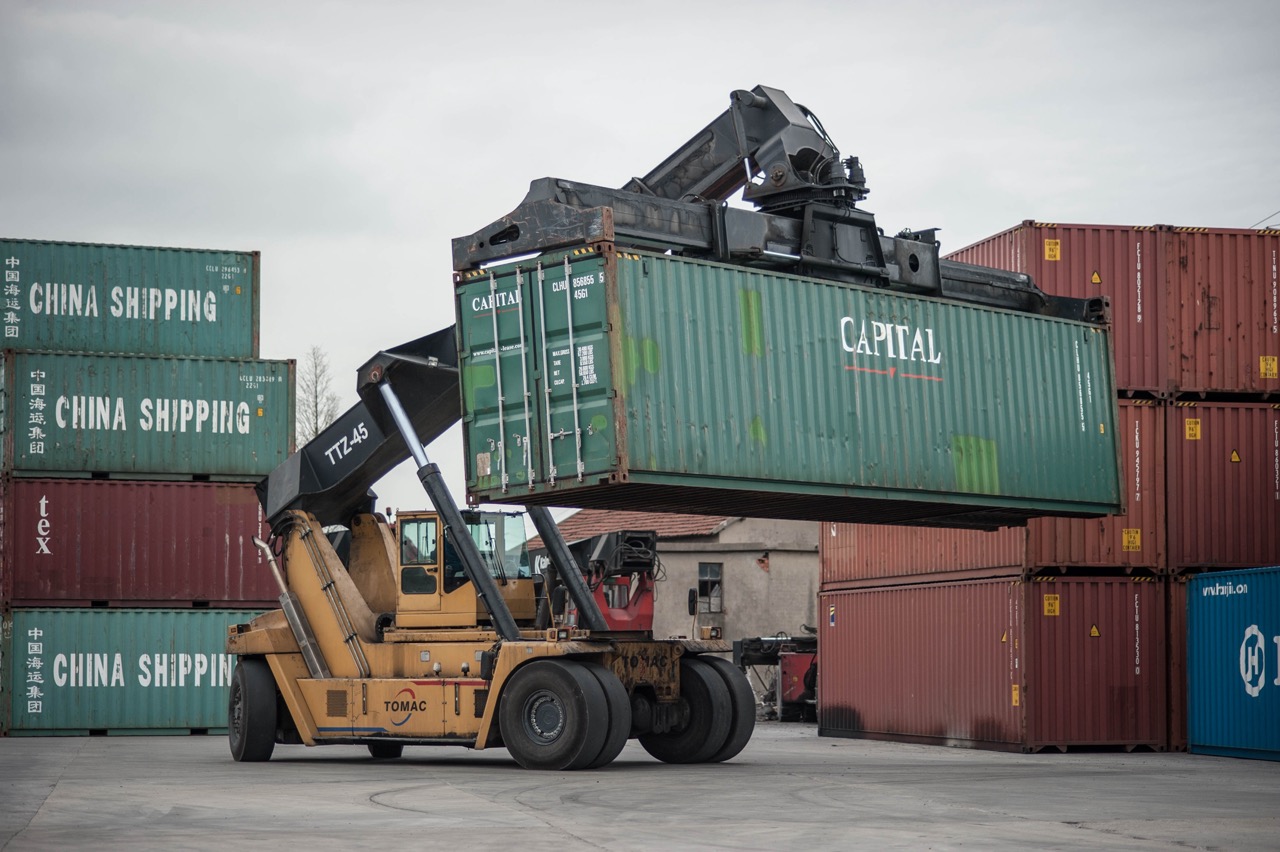Trans-Caspian route gaining momentum
The Trans-Caspian route is a major international route that connects Asia and Europe. It passes through China and the southeastern part of the region, through Kazakhstan, and along the Caspian Sea coast to Azerbaijan and Georgia. And then the route lies through the countries of Europe.
The year 2022 is not an easy one for the whole world. Record growth of inflation, disruptions in logistics chains, and an increase in energy prices are all affecting markets that have only recently managed to stabilize after the impact of a pandemic. The geopolitical conflict in Europe, which has touched the whole world, has also exacerbated the situation. The logistics industry was not spared. Market players had to rebuild their chains and switch to new routes in order to continue operations. As a result, many operators turned their attention to the Trans-Caspian corridor, thanks to which the volume of freight traffic in Kazakhstan has tripled this year. During these months, 845,000 tons of various goods have passed through the corridor from Asia to Europe. For comparison, in 2021 the figure was at the level of 311 thousand tons. Exports increased 9-fold and reached 494 thousand tons, and imports – 83 times, to 179 thousand tons.
Now the logistics sector is actively reformatting its processes, and against this background, the role of the Trans-Caspian corridor as a convenient option for cargo transportation is increasing.
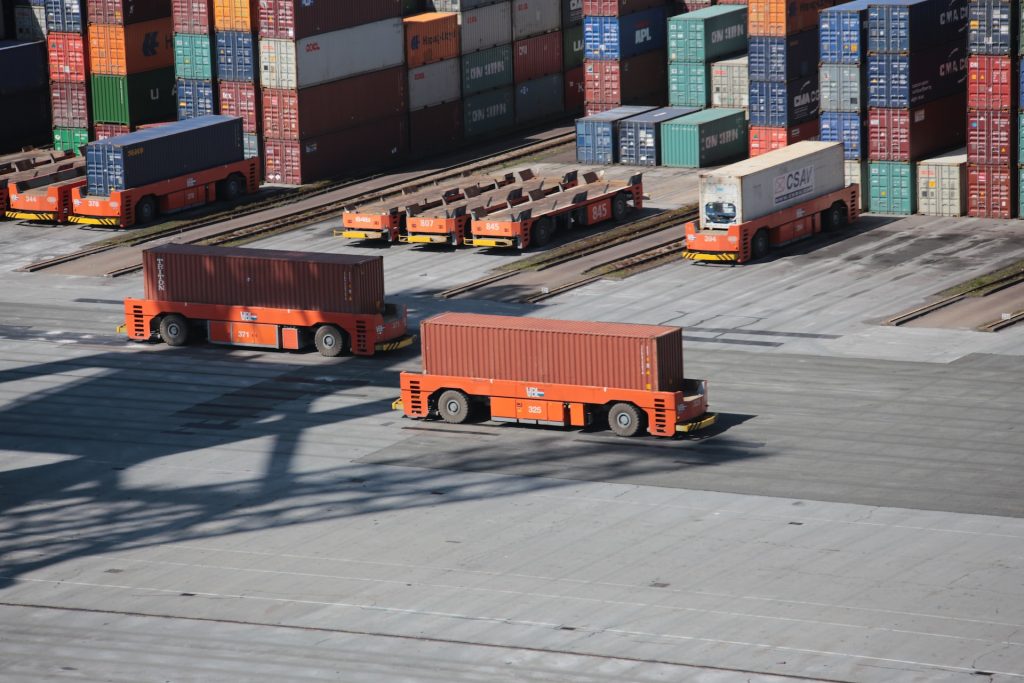
The growing popularity of the route is fully supported by Azerbaijan, Kazakhstan, Turkey, and Georgia, which in March announced the implementation of a joint project that will help develop the corridor. The countries’ efforts include regulating transportation tariffs, coordinating routes, and improving infrastructure. The main goal of the project is to increase cargo traffic to 10 million tons per year, including 200,000 containers.
Despite the fact that the Caspian Sea has no access to the World Ocean, it can be considered an important hub for transport communication. Against this backdrop, the role of the Trans-Caspian corridor is increasingly growing, facilitated by its active development. Kazakhstan, Georgia, and Azerbaijan first started talking about the project in 2013, later joined by Turkey. Over the past period, the countries have created modern infrastructure and optimal conditions for the transportation of goods. It is expected that due to the corridor, the delivery time of goods from China will be reduced by 3 times compared to traditional logistics routes. Experts note the high potential of the route and believe that in the near future it will change the existing cargo flow processes in the region. This is all the more facilitated by the creation of logistics hubs and free trade zones, which the corridor already offers.

